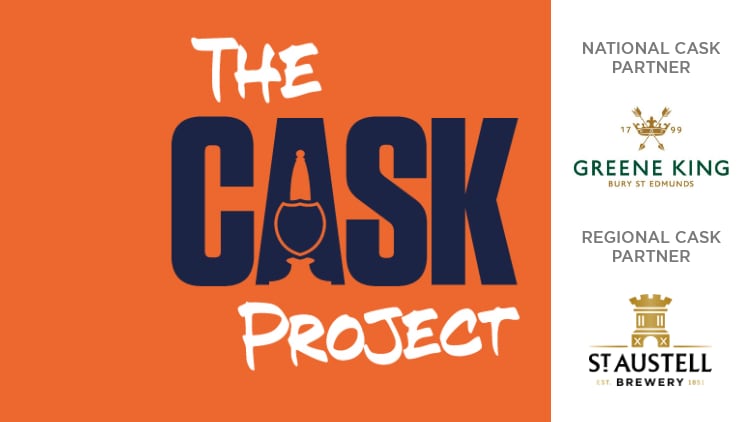Among those changes were an easement allowing for off-sales of alcohol which went hand-in-hand with the streamlined process for obtaining pavement licences to permit furniture on the public highway.
In recent years these changes have been instrumental in allowing businesses to diversify, by introducing outdoor seating areas and being able to offer takeaways and deliveries of alcohol. It is therefore crucial for businesses to understand the current legal landscape and anticipate future developments.
Current Legal Position on Off-Sales
Under the Business and Planning Act, premises licences granted on or before 22 June 2020 which only permit the sale of alcohol for consumption on the premises were granted temporary permissions to sell alcohol for off-site consumption. As things stand, this easement will continue until 31 March 2025.
By and large, this continues to provide some much-needed flexibility to a large number of operators. A quick word of caution however - operators are advised to check the rules carefully before relying on the easement as there are certain conditions which must be met in order for a premises to benefit. For example, the premises cannot have had an application for off-sales refused in the three years prior to the 22 June 2020.
Current Legal Position on Pavement Licences
The streamlined process for pavement licence applications introduced by the Business and Planning Act facilitated swift approvals for outside seating via a prescribed form of application and fee. This was a welcome contrast to varying and sometimes clunky processes for obtaining ‘tables and chairs licences’ or similar permissions for outdoor seating prior to the Act. The Act also did away with the need to obtain planning permission for outdoor seating where a pavement licence is granted.
The pavement licence regime has been extended a number of times and the latest extension currently runs until 30th September 2024.
Looking Ahead
The pavement licence scheme will finally be made permanent when the relevant sections of the Levelling Up and Regeneration Act come into force this year. The Act will make a few changes to the current scheme, for example increasing the fees from £100 to £500 for a new licence and £350 for a renewal and increasing the consultation and determination periods from 7 days each to 14 days each.
We do not know exactly when the sections of the Levelling Up and Regeneration Act will come into force, but we expect it will be on or around 30th September 2024 when the latest extension of the scheme expires.
The position in relation to the off-sales easement is much less certain. The Government is currently exploring options and it is not known at this time in what form the easement will be extended, if at
all. The prospect of the off-sales easement ending could be problematic for a large number of businesses that have come to rely on it.
Applying for Off-Sales
For businesses wanting to remove any doubt or try to get ahead, applying to vary their premises licence to add off-sales may be the next step.
Adding off-sales to a premises licence would typically require a “full” variation application, with a 28 day consultation involving the full suite of responsible authorities and local residents. When making an application, operators can expect the authorities to take the opportunity to request new conditions be added to the premises licence to regulate off-sales.
This presents a commercial risk and operators should be careful not to agree to conditions which are not necessary and which may end up detrimentally restricting their business. Any conditions imposed on a licence should be reasonable and appropriate for the promotion of the licensing objectives – they should not be put forward as “standard” where there is no evidence of a problem at the premises. Unfortunately, most operators will know that it in practice this guidance is often neglected by the responsible authorities.
We would hope that after nearly four years of operators benefiting from the off-sales easement the government will either continue to extend it or at least remove some of the friction from the process of adding off-sales to a premises licence. One option, for example, could be a recommendation that it is accepted under a minor variation application.
Whatever the outcome, as long as the regulatory landscape for the off-sales easement remains uncertain it is imperative for operators to stay abreast of evolving regulations, consider their options carefully, and plan strategically to ensure compliance and adaptation to future market trends.
- David Inzani is a partner at licensing solicitors Poppleston Allen




